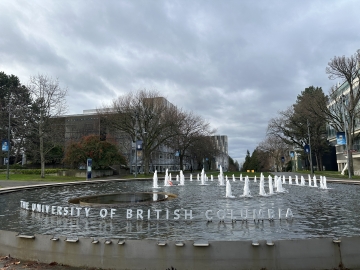On December 10, 2018, Waseda University’s Global Asia Research Center hosted an international workshop, “From Shame of Village to Human Rights Abuse: How Memories of Wartime Sex Slavery in Shanxi Province, China, Traveled to the Fin-de-siècle Japanese Law Courts.” Maiko Morimoto, a PhD Candidate in Anthropology at the University of California, Berkeley, delivered a research presentation on issues surrounding former wartime sex slaves’ fight for legal recognition and compensation in the Japanese court system.
Since the 1990s, the so-called “comfort women” and their struggle for justice have gained considerable attention. One aspect of this struggle involved compensation lawsuits filed by Japanese lawyers on behalf of surviving victims. In her research, Morimoto introduced a micro history of a legal battle waged in an effort to receive official compensation for several elderly Chinese women who had been forced into wartime sexual slavery.
She discussed how the women had suffered during the war years from their traumatic experience, but also how Chinese society inflicted further suffering upon them in the postwar years. In a country that focused on celebrating resistance against Japan, these women were stigmatized and treated like they had provided “comfort” to an invading enemy. Later, with the emergence of new Chinese discourses on international law and victimhood, the women were finally given a chance to speak out. Unfortunately, because they had been denied a space to share their experiences for so many years, the women’s reconciliations were fragmented.
Morimoto provided a detailed picture of the women’s experiences and their legal fight in Japanese courts, based on her years of academic research and her experience as a journalist who closely followed the court cases. She noted how the women’s Japanese legal team often spoke of their chances of winning, and may have given the women unrealistic expectations of achieving victory. Ultimately, Japanese courts acknowledged the suffering of the women, but concluded that their legal claim for compensation was invalid. While some, including the Japanese lawyers, might have seen the recognition of suffering as an important achievement, for the women, this outcome was seen as a major failure to achieve justice.
After Morimoto’s presentation, the audience of graduate students, researchers and professors, engaged in a lively discussion of her research and its implications. Much of the conversation focused on the difficulty in defining justice, and the sometimes clashing concepts of justice as struggle and justice as reconciliation. Participants also talked about the complex issues that come forward when writing about the experiences of people who have suffered injustice, and Morimoto expressed the importance of “revitalizing,” rather than objectifying the testimonies of these women.








